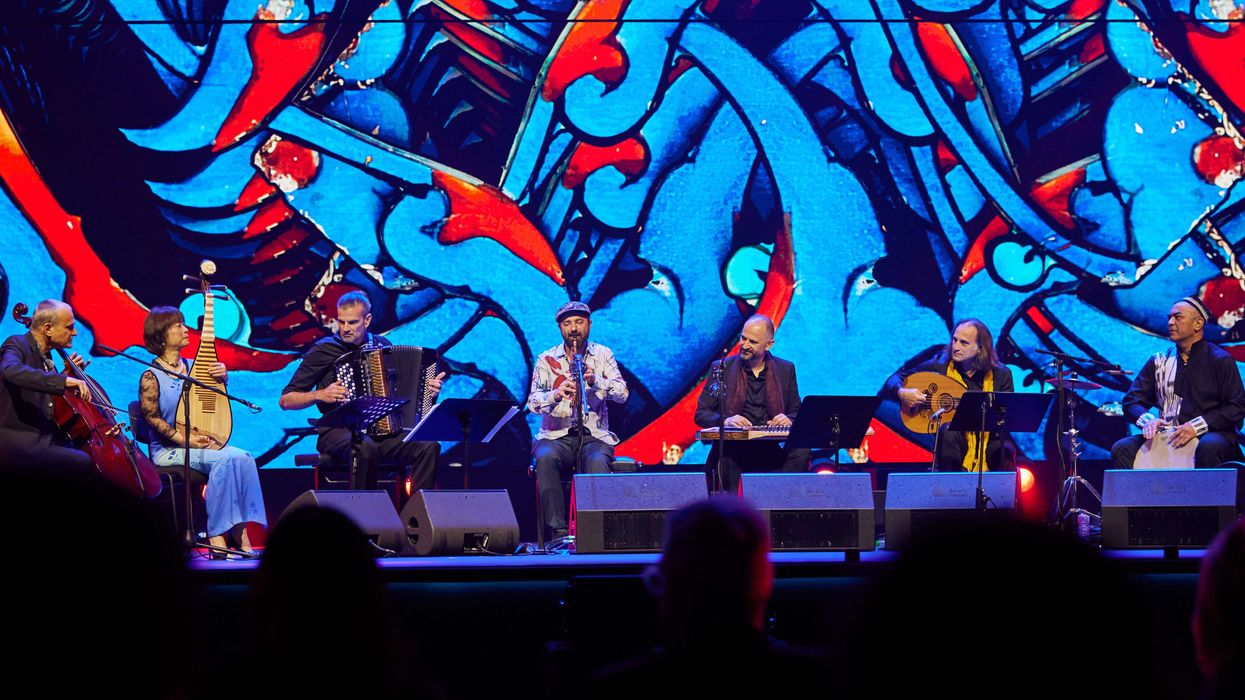Let’s face it: the world has never been a safe space for women. It’s a place where we’re told to smile while being catcalled, to be polite while being undermined, and to shrink ourselves to fit into the tiny, suffocating box labelled “likeable.” In a world that often feels set against them with unsafe streets, glass ceilings, impossible beauty standards, and a relentless demand to be nice, women have had enough. They are done playing nice. The good girl act is out, and the villain era is in. And when they decided to break free? Oh honey, they did it with a bang.
This is the age of women flipping the script, ditching the nice girl manual, and embracing their inner bad guy. And why wouldn’t we? When the world is a dumpster fire of double standards, violence, and impossible expectations, sometimes the only way to survive is to become the villain they already think you are. And let’s be real: when women stop playing by the rules, it’s not a breakdown. It’s a breakthrough.
Pop culture has given us some iconic female villains and anti-heroines who embody this unapologetic energy, and honestly, it’s about time we take notes. So, grab your metaphorical black capes and join us as we celebrate the rise of the female villain. Because sometimes, being the bad guy is the best thing a woman can be.
1. Cersei Lannister: The queen who played the game
Cersei didn’t just play the game of thrones, she owned it. Sure, she blew up a sept, orchestrated a few murders, and maybe had a thing for her brother, but can you blame her? In a world where women were either wives or pawns, Cersei said, I’ll take the crown, thanks. She was ruthless, unapologetic, and refused to let anyone, man or woman, stand in her way. Cersei reminds us that sometimes, to win in a man’s world, you must burn it all down. And while she may have lost in the end, no one can deny that she went down with a goblet of wine in her hand and a smirk on her face.
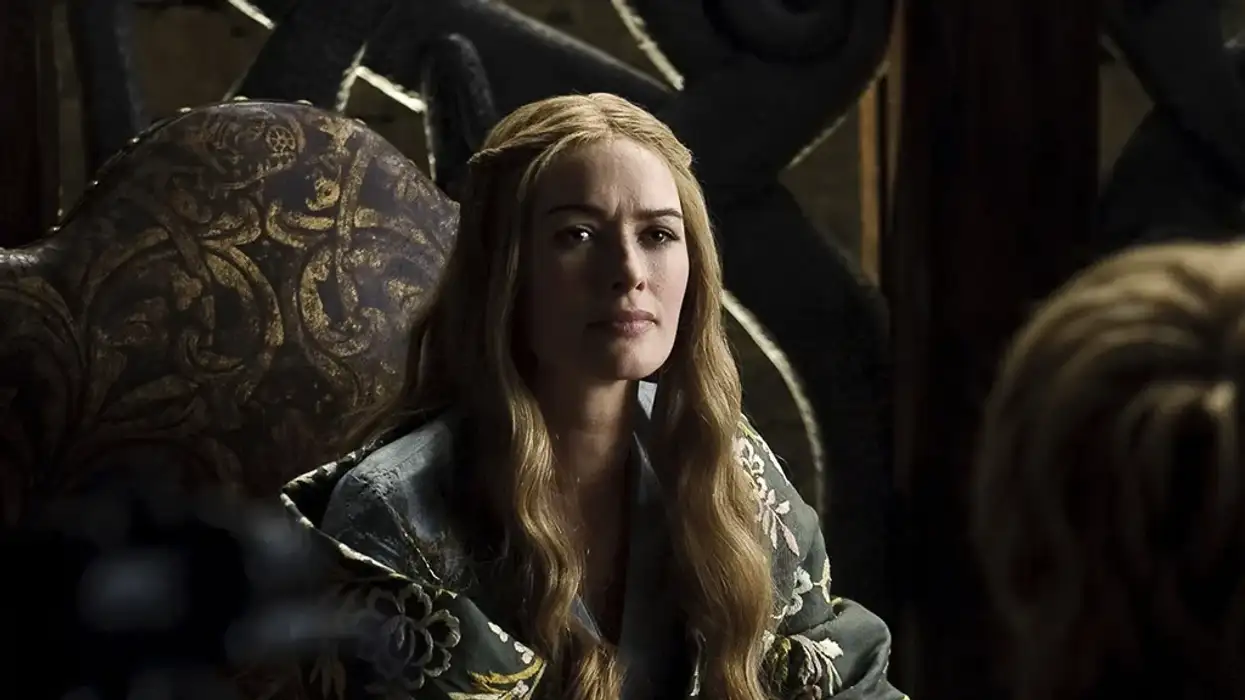
2. Amy Dunne: The mastermind of mayhem
Oh, Amy. The original Cool Girl, the one who never complains, never asks for more, and just exists for male approval, who turned out to be anything but. Amy Dunne didn’t just break the mould, she shattered it into a million pieces and framed someone else for it. Her calculated revenge on Nick wasn’t just about love, but about power. Amy showed us that women don’t have to be victims. Sometimes, they can be the architects of their own justice, even if it involves a little, okay, a lot of, manipulation.
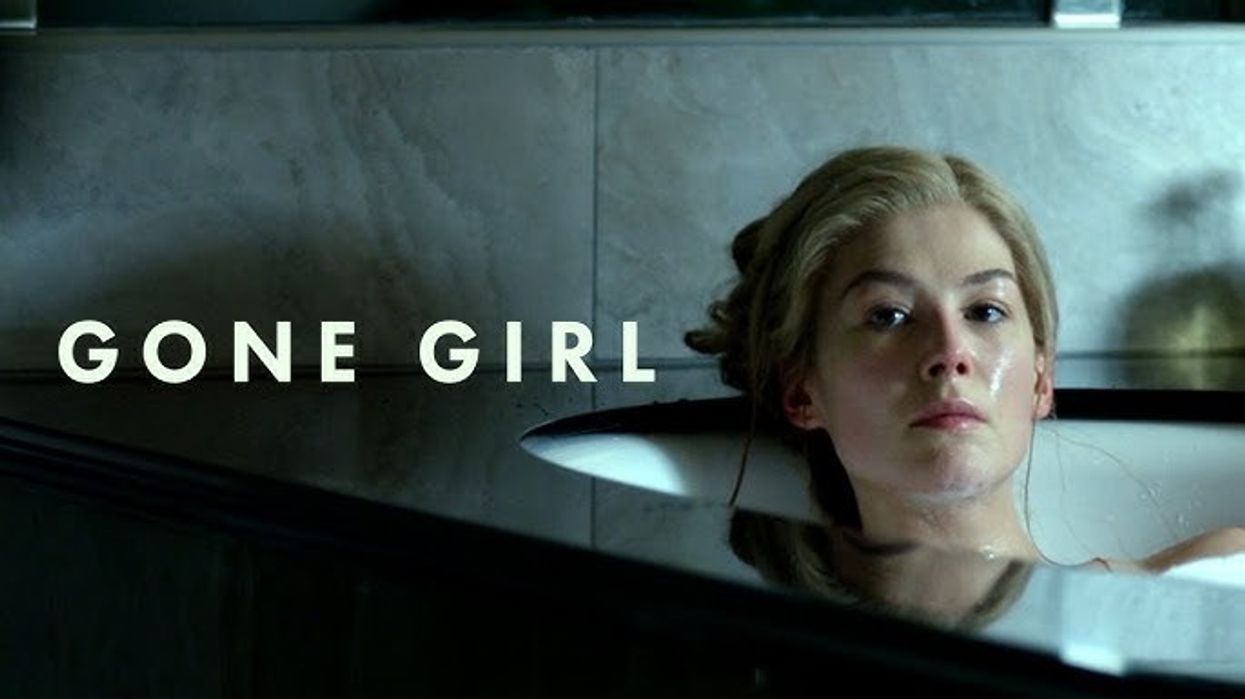
3. Miranda Priestly: The ice queen with a point
That’s all. Two words that struck fear into the hearts of everyone at Runway. Miranda Priestly wasn’t just a boss, she was the boss. Demanding? Sure. Intimidating? Absolutely. But let’s not forget that she was also a woman at the top of a cutthroat industry, constantly having to prove she belonged there. Miranda didn’t have time to coddle egos or sugarcoat feedback. She was unapologetically herself, and if that made her a villain, so be it. Because let’s be real, women aren’t expected to be that way, and that’s exactly why she owned every room she walked into.
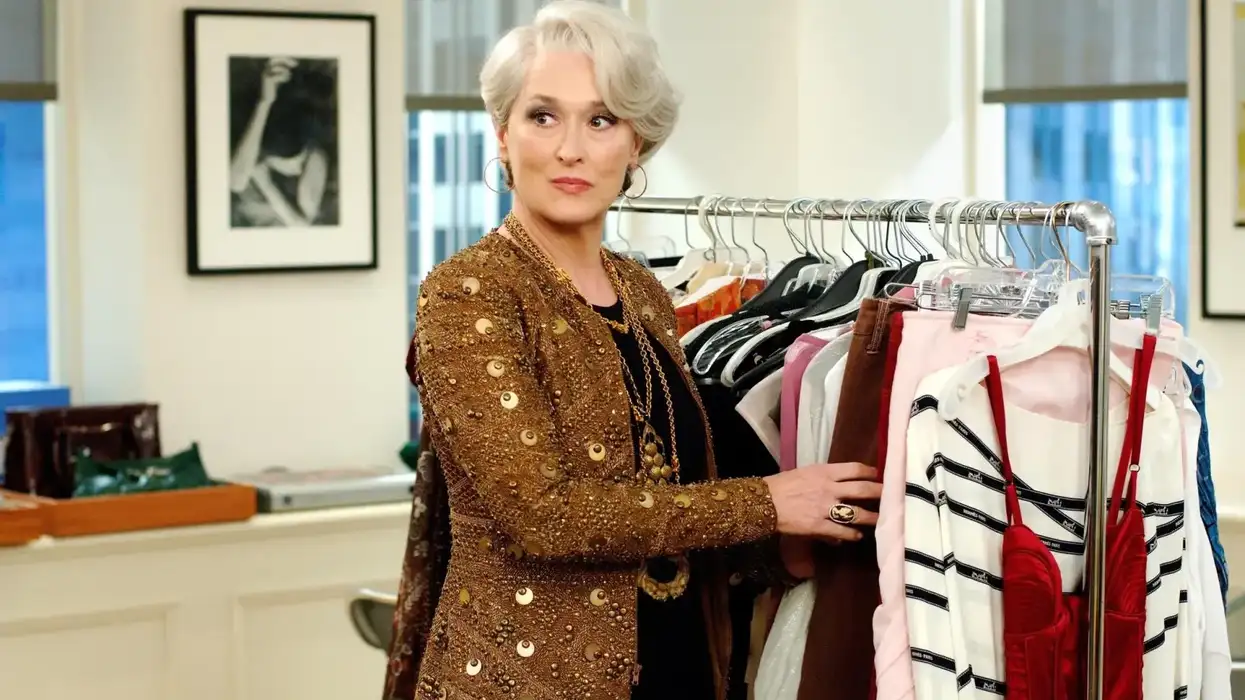
4. Harley Quinn: Chaos, but make it cute
Once a lovesick sidekick, now a full-blown anti-heroine, Harley Quinn embodies the villain era like no other. She walked away from the Joker, literally and figuratively, and started calling the shots for herself. With her unhinged energy, neon chaos, and complete disregard for playing by the rules, Harley reminds us that sometimes, the best thing a woman can do is walk away from what’s destroying her and also set fire to it on the way out.
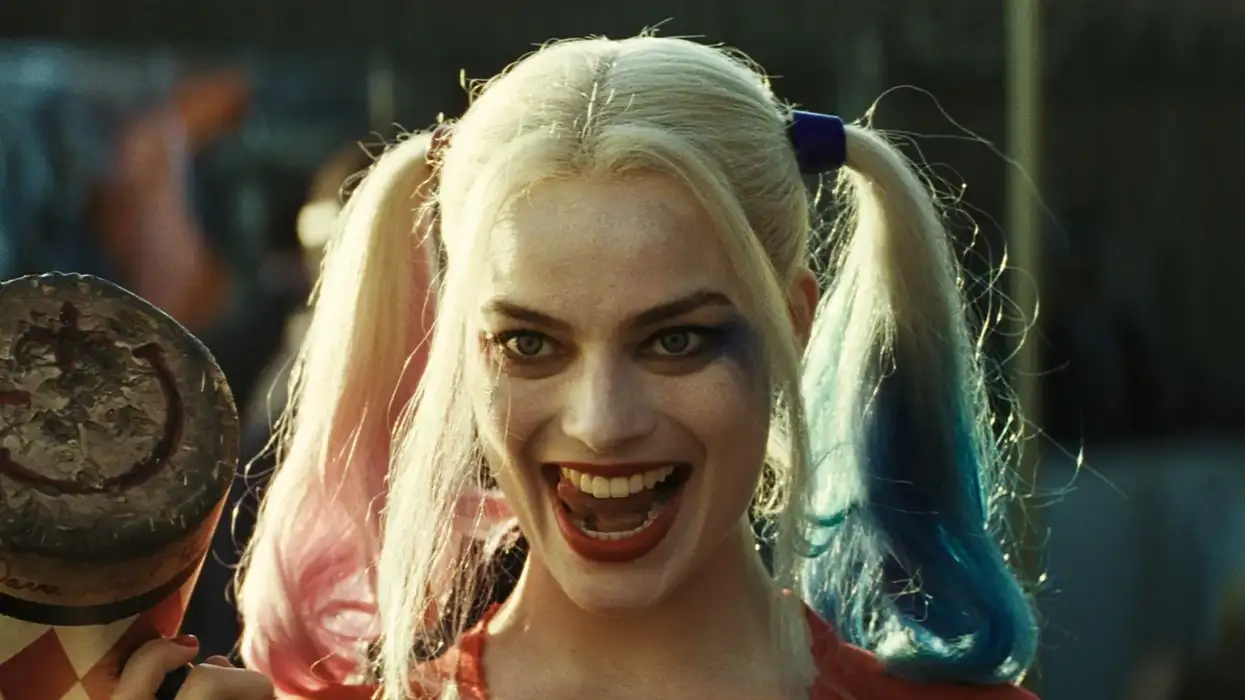
5. Regina George: The unapologetic queen bee
Sure, she was mean, but was she wrong? Regina George knew her power, and she wielded it effortlessly. She controlled the school with one raised eyebrow and destroyed reputations with a single burn book entry. But here’s the thing, she never pretended to be anything other than what she was. And in a world that demands women be likable all the time, that’s powerful.
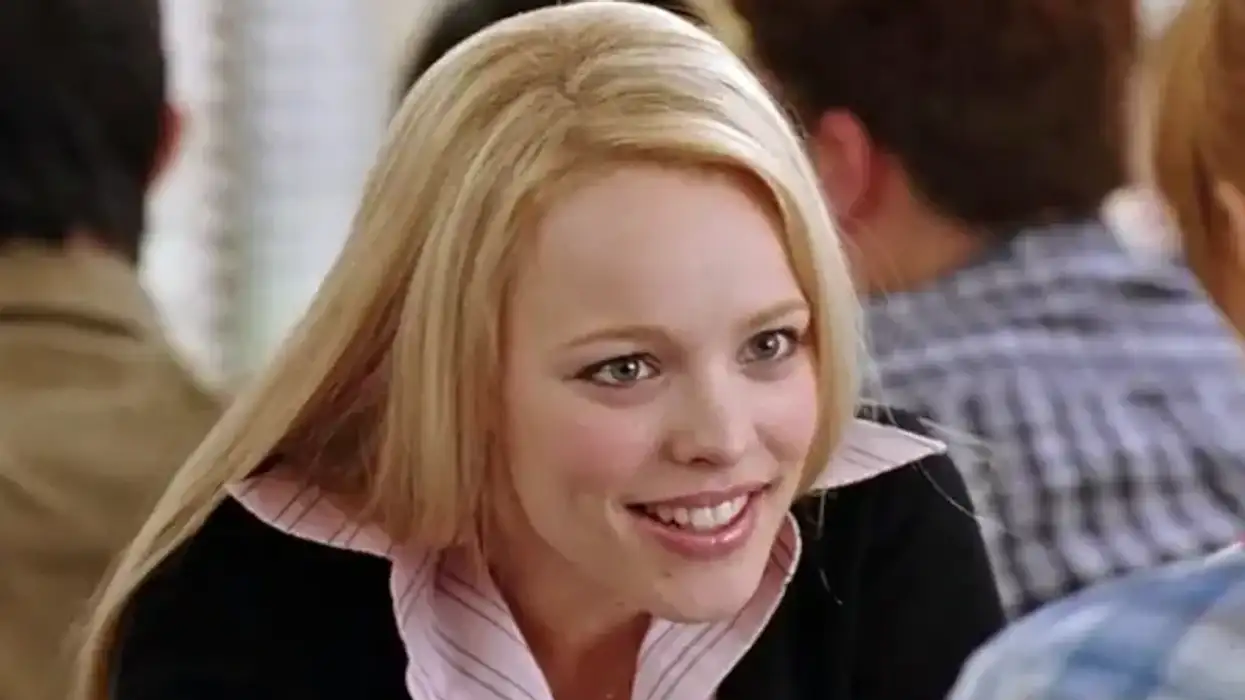
Why the villain era is probably the best era
These characters aren’t just fictional icons, they’re reflections of a cultural shift. Let’s be honest, women are done apologising for their ambition, their anger, and their desires. We’re done being told to shrink, to soften, to settle.
This isn’t about being evil for the sake of it. It’s about rejecting the idea that women have to be nice to be worthy. It’s about prioritising ourselves, our dreams, and our survival in a world that still doesn’t make it easy.
Long live the villains
So, here’s to the women who refuse to play nice. To the ones who’ve been called too much and decided to own it. To the ones who’ve been labelled villains simply because they dared to take up space.
Because that narrative is over. The villain era isn’t about destruction, it’s about self-preservation. It’s about taking up space, demanding respect, and refusing to play by rules designed to keep you small.
This Women’s Day, let’s celebrate the rise of the female villain. Let’s raise a glass to the Cerseis, the Amys, and the Mirandas, and to every woman who’s ever been told she’s too much and replied, You’re damn right.
Because sometimes, the best thing a woman can be is a little bit bad. And honestly? It’s kind of iconic.
Welcome to the villain era, ladies. We’ve been waiting for you.
That’s all.





